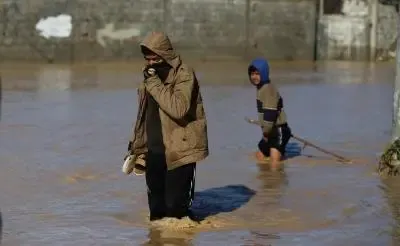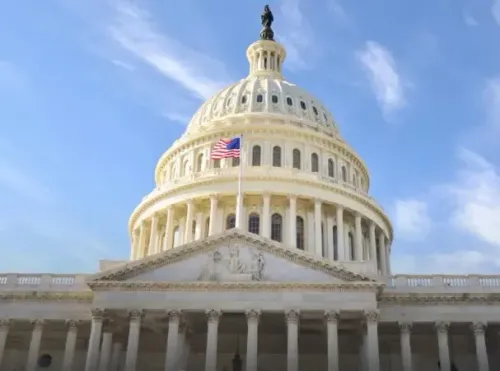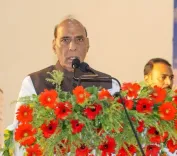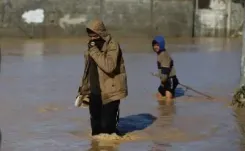How Can the ‘UN in Crisis’ Overcome the ‘Cynicism’ Hindering UNSC Reform?

Synopsis
Key Takeaways
- The UN is in crisis and needs reform.
- A cynical minority is obstructing necessary changes.
- India is ready to take on greater responsibilities in a reformed Council.
- Reform is crucial for the UN's credibility and effectiveness.
- Africa's representation in the UN needs urgent redress.
United Nations, Sep 28 (NationPress) “The UN is currently facing a significant crisis,” stated External Affairs Minister S Jaishankar, highlighting the urgent necessity for reform within the Security Council, a process currently hindered by a skeptical minority.
“The resistance to reform is central to the decline of the UN’s credibility,” he told the General Assembly on Friday.
“While most members are eager for change, the current process poses an obstacle to achieving it,” he remarked. “We must confront this cynicism and actively pursue the reform agenda.”
The reform efforts are obstructed by a coalition of 13 nations known as Uniting for Consensus (UfC), led by Italy and including Pakistan and Canada, which has stalled the adoption of a negotiating text.
Jaishankar affirmed, “Once the Council is reformed, India is prepared to take on greater responsibilities.”
Securing a permanent seat and reforming the Council are top diplomatic objectives for India.
He emphasized that both permanent and non-permanent seats on the Council need to be expanded, ensuring it is genuinely representative.
“The historical injustices faced by Africa must be addressed,” he stated, echoing the widespread calls from African nations and others heard this week.
Despite most peacekeeping operations mandated by the Council being based in Africa, the continent lacks a permanent seat under a framework established 80 years ago, when many of its 193 members were still under colonialism.
“We are indeed in challenging times for the international community,” he noted. “Many of our previous assumptions and expectations no longer apply,” he added.
Outlining the challenges the UN faces, he stated, “When peace is threatened by conflicts, when development is hindered by resource scarcity, and when human rights are undermined by terrorism, the UN remains paralyzed.”
“As its capacity to build consensus wanes, trust in multilateralism diminishes as well,” he remarked.
“International collaboration is essential as islands of prosperity cannot thrive amidst widespread turmoil,” Jaishankar asserted. “A sustainable world order demands a shared purpose, which includes empathy for others. This is where we look to the United Nations.”









